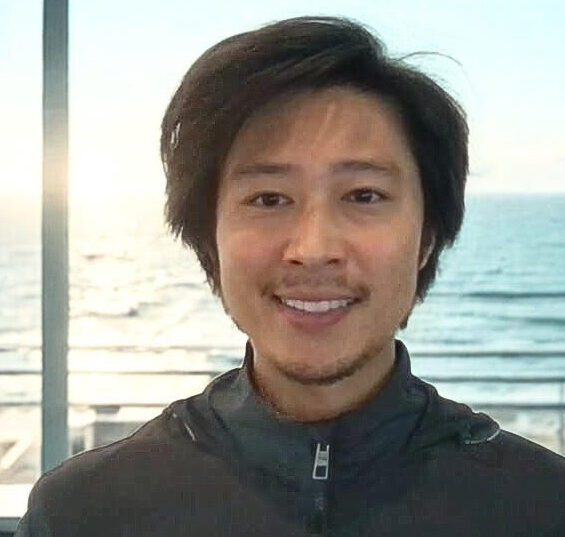Welcome to this week’s free article of Level Up: Your source for executive insights, high performance habits, and specific career growth actions.
Wes Kao — is an entrepreneur, speaker, coach, and advisor.
Here are some of her career highlights:
- Co-founded Maven (a platform for live online courses; raised $25M from First Round & Andreessen Horowitz).
- Co-founded the altMBA with bestselling author Seth Godin.
- Advised CEOs of Section (Professor Scott Galloway), Outlier (co-founder of Masterclass), and Morning Brew on go-to-market, positioning, and growth.
Wes currently works with founders and senior leaders via 1:1 executive coaching, typically in areas like setting a high bar of excellence, leveling up their strategic communication, and managing lean teams with ambitious goals.
Table of Contents
This Week’s Discussion
In our fireside chat, I sat down with Wes to discuss:
- Key principles when managing up.
- Observing, understanding, and building trust with your manager (including insecure managers).
- Finesse when managing up to intense senior executives.
- Handling unreasonable expectations.
- And what Wes learned from Seth Godin.
Video
Here is a link to our discussion.
Conclusion
Here are some key takeaways from our discussion.
Managers WANT YOU to manage up to them, and it creates a virtuous cycle.
When you manage up, your manager believes in you more, your manager gives you more autonomy, you get more leeway to make an impact, your manager sees the impact, and they give you more autonomy.
The best operators do not just ask their manager, instead, they OBSERVE them and pattern match.
Many managers are unable to clearly articulate exactly how they want to be managed up to. Thus, do not rely solely on their manager.
Three clues to look for:
- What are the questions that my manager usually asks me when I bring up an idea or challenge?
- What are the questions that my manager asks other people?
- How does my manager present their own ideas? This will tell you what they value.
Turn a yellow spot into the sun—there are always ways to bring excitement and energy to elevate your work.
Understand how your work drives value and identify how you can elevate it in the eyes of the rest of the company.
You can make something boring into something exciting (e.g., Simplehuman turned trash cans into an iPhone-like product).
Get to the point as fast as possible when communicating with C-level executives.
Wasting 3-minutes on background or pleasantries will frustrate busy executives.
View presentations as two-way guided conversations (not one-way TED Talk speeches) with the goal either to get buy-in or poke holes to make a better decision and align on next steps.
Also, do not feel like you need to finish your full message/spiel before taking the win and just moving on.
Managers, use TACS when giving feedback.
Tactical, Actionable, Concrete, and Specific.
“To increase my standards”—the biggest thing Wes learned from Seth Godin.
For 3 years, Seth tore Wes’ work to shreds and set unreasonably high expectations.
That taught her how to reframe the problem to meet the standards (it’s the leader’s responsibility to constantly break frames).
Note: Your skills, background, and experience become less important as you advance in your career. Rather, your judgment and ability to set high standards for yourself and other people become more important—this is what makes a senior leader a force multiplier.
If you’re looking for more insights from Wes, follow her on LinkedIn and subscribe to her newsletter for high-performers (highly recommended).
Wes also teaches a very popular Maven course on “Executive Communication & Influence for Senior ICs and Managers” and you contact her here if you want 1:1 executive coaching.
